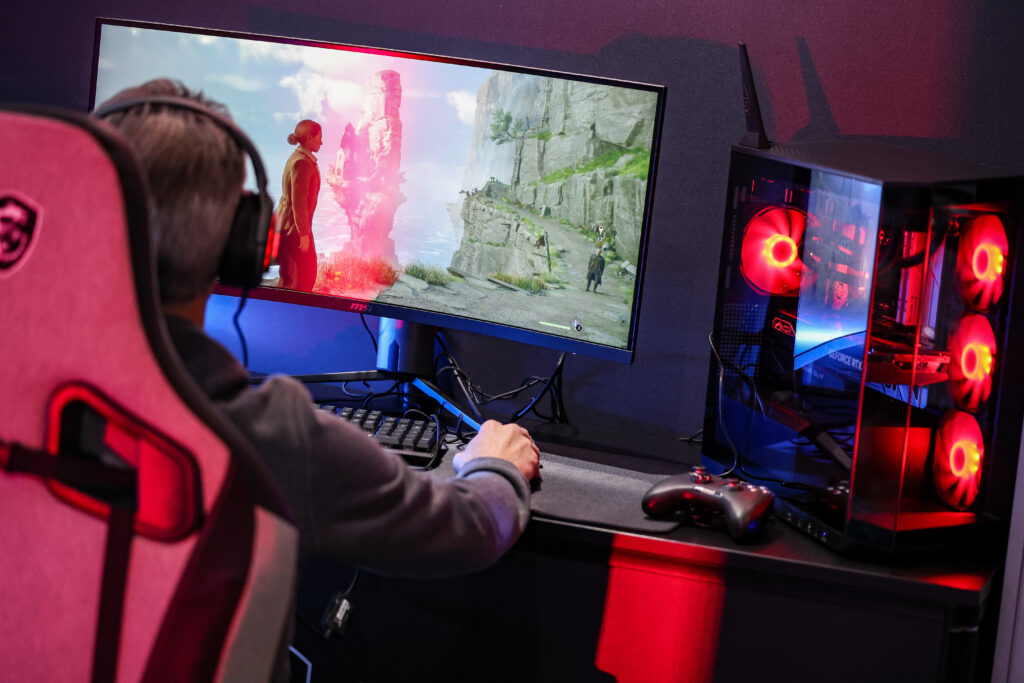

London
Long maligned as anti-social escapism for sulky nerds and introverts, video games could be a way to feel happy, at least temporarily, according to the University of Oxford.
Or one game, at least: Powerwash Simulator (PWS), the playing of which appeared to put 7 in 10 the gamers studied in a better mood than when before they picked up a controller.
“We find that playing a popular commercial video game, PWS, is linked with a small improvement in mood,” the researchers said, in findings published in the journal Games: Research and Practice.
“People feel good playing video games,” according to Oxford’s Nick Ballou, who claimed what the team found “corroborates what qualitative research and reports from video game players around the world have long suggested.”
While the research focused on a single game, it assessed almost 8,700 gamers in 39 countries and was based on data from gamers playing in their natural environment rather than in a laboratory.
“At present short-term changes in video game players’ moods are poorly understood,” said Matti Vuorre, a professor at Tilburg University and a research associate at the Oxford Internet Institute, who said the team “wanted to know how real play in natural contexts might predict player mood on short timescales.”
Futurlab, the developer of PWS, provided the team with a “research edition” of the game, which Oxford said is “nearly identical” to the commercially-available PWD played across the world’s heavily-curtained bedrooms and pizza box-strewn basements.
The Oxford research followed the publication in August of a paper by a team in Japan, home to some of the world’s video game giants, in which scientists said they “found that game console ownership, along with increased game play, improved mental well-being.”







Comments